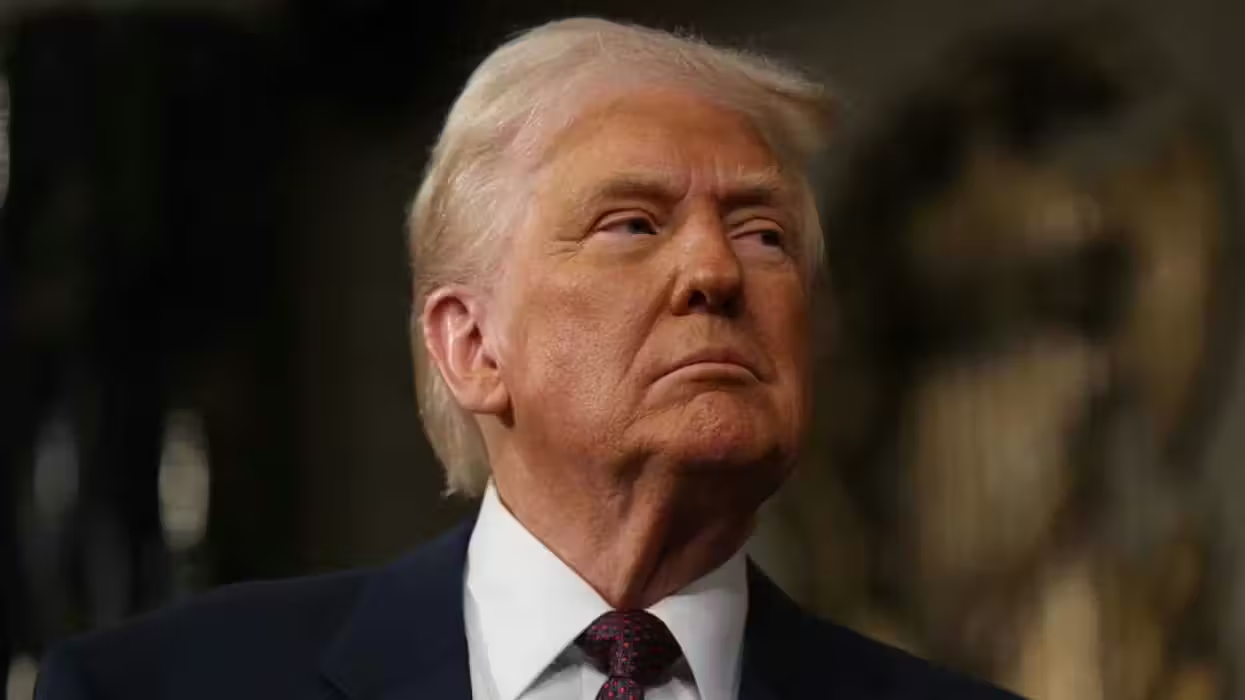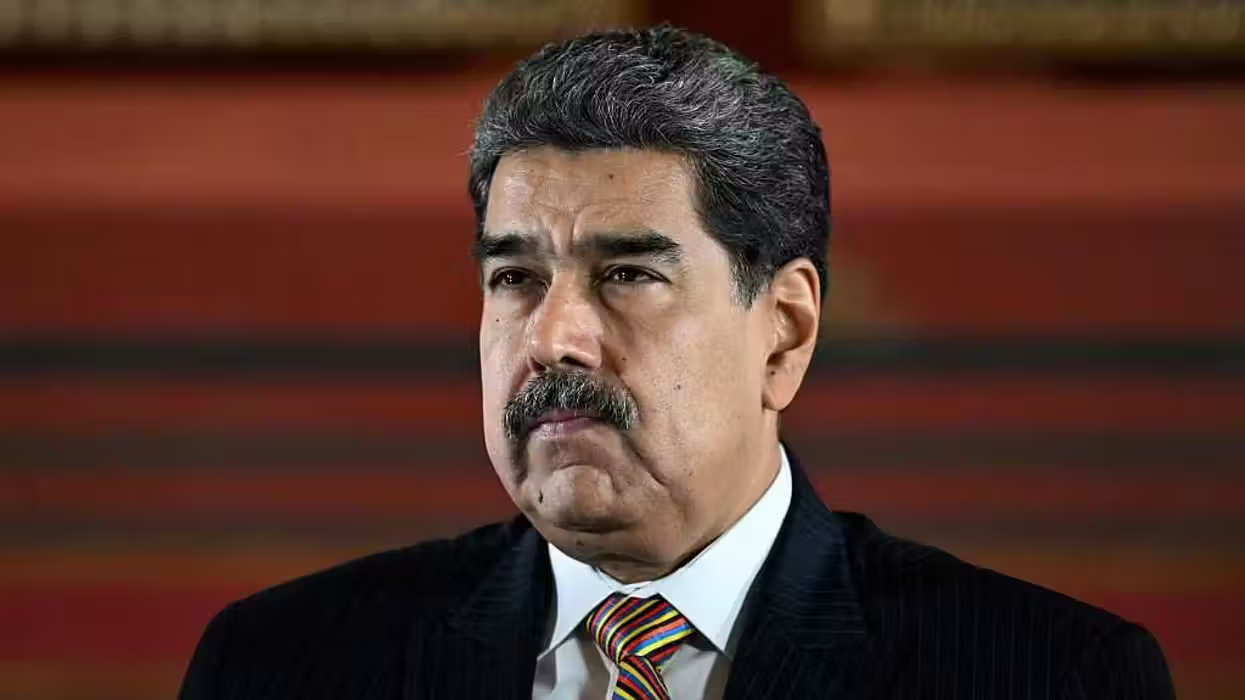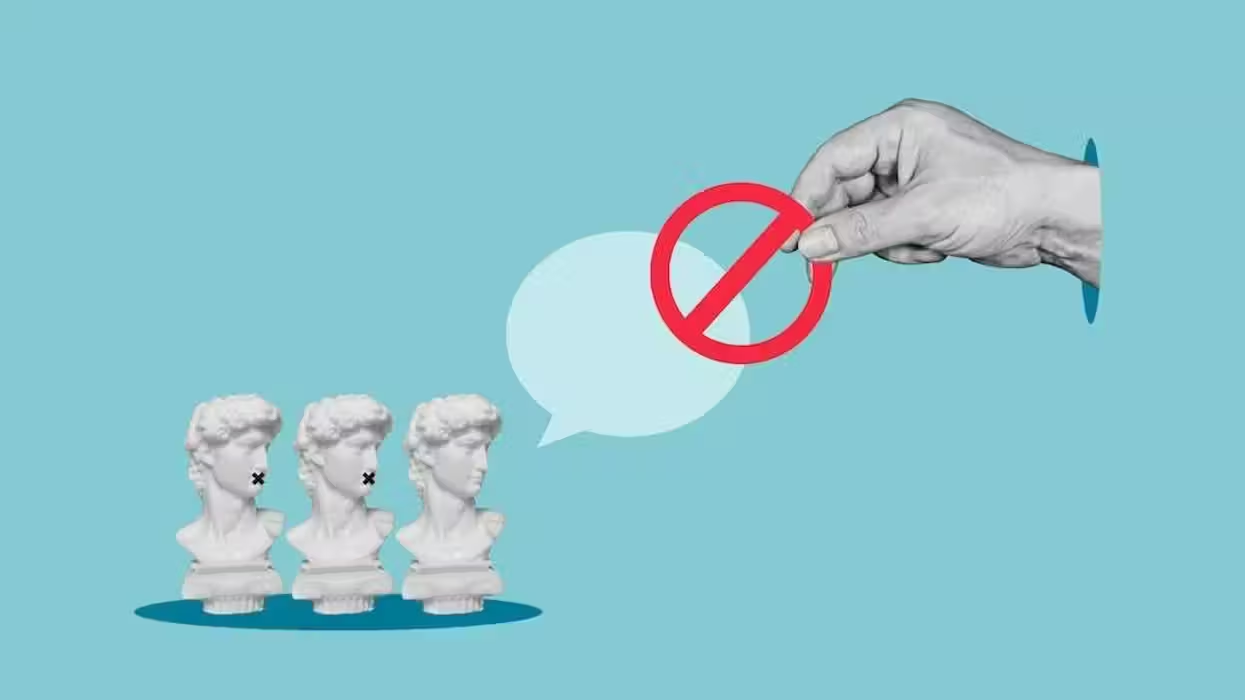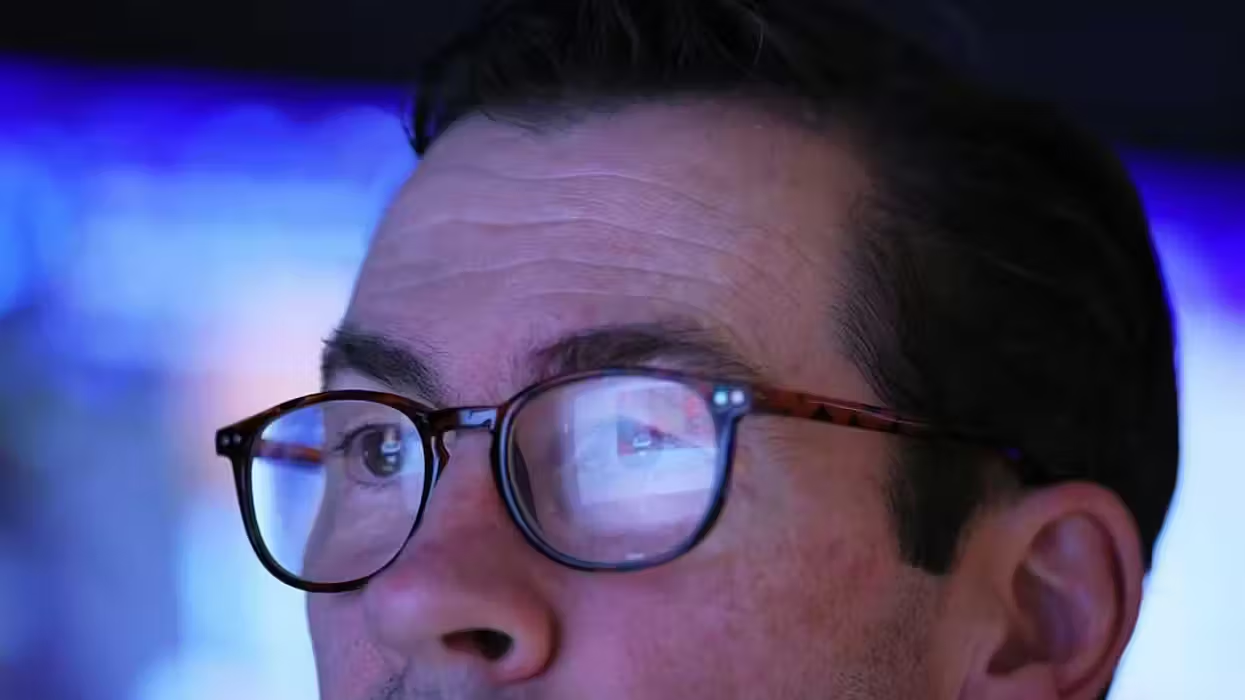 Getty Images
Getty Images
A former top U.S. diplomat in Libya described publicly for the first time the deadly events that took place in Benghazi last September, culminating in the deaths of four Americans, including the U.S. ambassador.
Gregory Hicks, the deputy chief of mission in Libya who became the top-ranking diplomat in the country after Christopher Stevens' death, was in Tripoli at the time of the assault. He told members of the House Oversight Committee on Wednesday how he came to learn that the ambassador had been killed -- and how his staff received calls afterward from unidentified Libyans claiming they had Stevens, which they suspected was a trap.
"It was a routine day at our embassy," Hicks said. He had been in touch with Stevens about the demonstrations at the U.S. embassy in Cairo, but said there was absolutely nothing of the sort happening in Libya.
The actual assault on the night of Sept. 11, 2012, unfolded in several stages, Hicks said. When it began, he received a call from Stevens in Benghazi telling him, "Greg, we're under attack."
Stevens subsequently went missing, and Hicks described how he tried to get help to evacuate his colleagues. Hicks estimated there were as many as 60 attackers in the compound at one time.
Hicks spoke with Secretary of State Hillary Clinton around 2 a.m. local time to give her an update. At 3 a.m., he received a call from the Libyan prime minister informing him that Stevens was dead.
"I think it's the saddest phone call I've ever received in my life," he said.
Watch Hicks' full description below, via Mediaite:
--
Related:

 Getty Images
Getty Images






